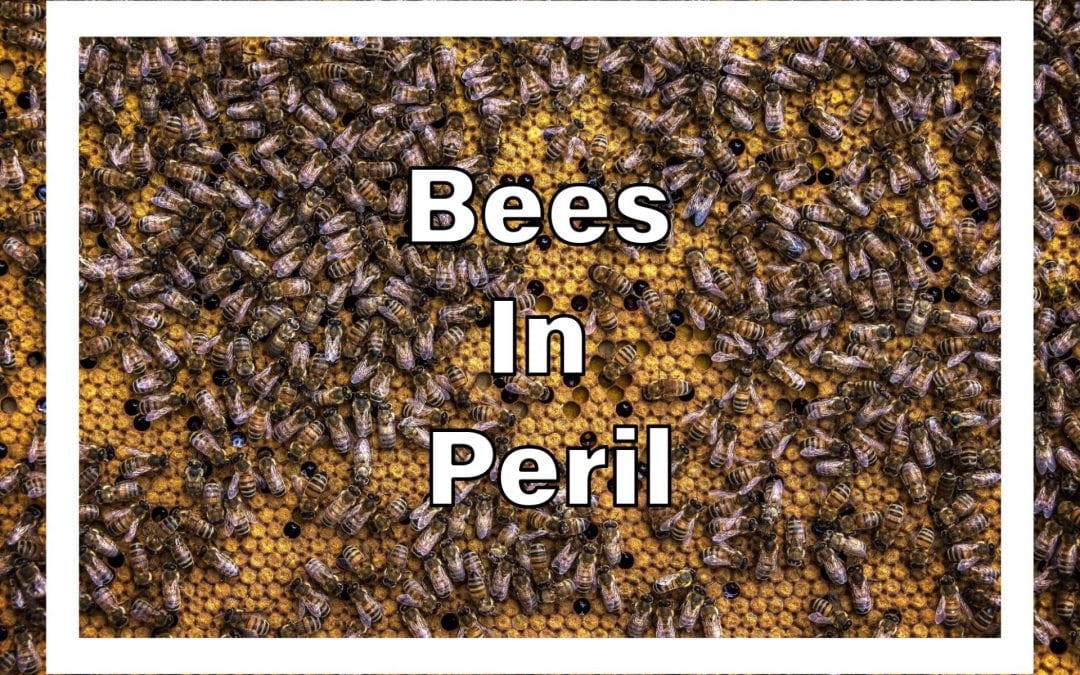This is a two-part series looking into common diseases that honey bees and their hives may acquire. Infection rates have been steadily increasing over the years as hive rentals place colonies near each other, facilitating the transfer of what would have previously been a localized infection. These diseases can also spread to other native bees, colony-forming or not, and have a dramatic impact on the ecology of the areas affected.
Today we will be looking at American Foulbrood Disease (AFD) and European Foulbrood Disease (EFD). Despite the names, both diseases are found worldwide and have different impacts on the health of the hive. In this case, both AFD and EFD attack the brood cells of a colony, which contain the larva of the hive, or the next generation of worker bees. If not caught in time, both diseases can be crippling or fatal to the colony.
AFD is one of the worst diseases a colony can catch, either from drifting bees, native bees, or from cross-contamination from a beekeeper. As the name implies, brood cells and larva are the affected regions, with worker and adult bees remaining safe from harm. When AFD afflicts a colony, young larvae are killed in their nursery cells, decaying and spreading the disease to other cells. This means that the hive can no longer grow or maintain the honey production it needs to sustain itself. In most countries, afflicted colonies are destroyed, with the equipment sanitized, burned, and buried to prevent further cross-contamination.
EFD, in comparison, is much easier to deal with. Like AFD it brood cells are also affected, but this happens when the larva are younger before they are capped in their pupa. And like AFD, adult bees are also unaffected. The hives can be stimulated to clean out the dead larva and prevent further spread and contamination. Still, if it progresses too far, the hive will die. The beekeeper can also assist by removing the affected honeycombs, and sanitizing as much of the hive as possible.
Do you or someone you know keep bees? We want to hear your story! Pace University’s Pace Docs crew is in the process of producing a documentary about Urban Beekeeping, the latest in a series of award-winning environmentally and culturally relevant documentaries from our department. Contact us at paceudocs@gmail.com. And follow us on Instagram, Facebook, Twitter, and Tik Tok for more content!

